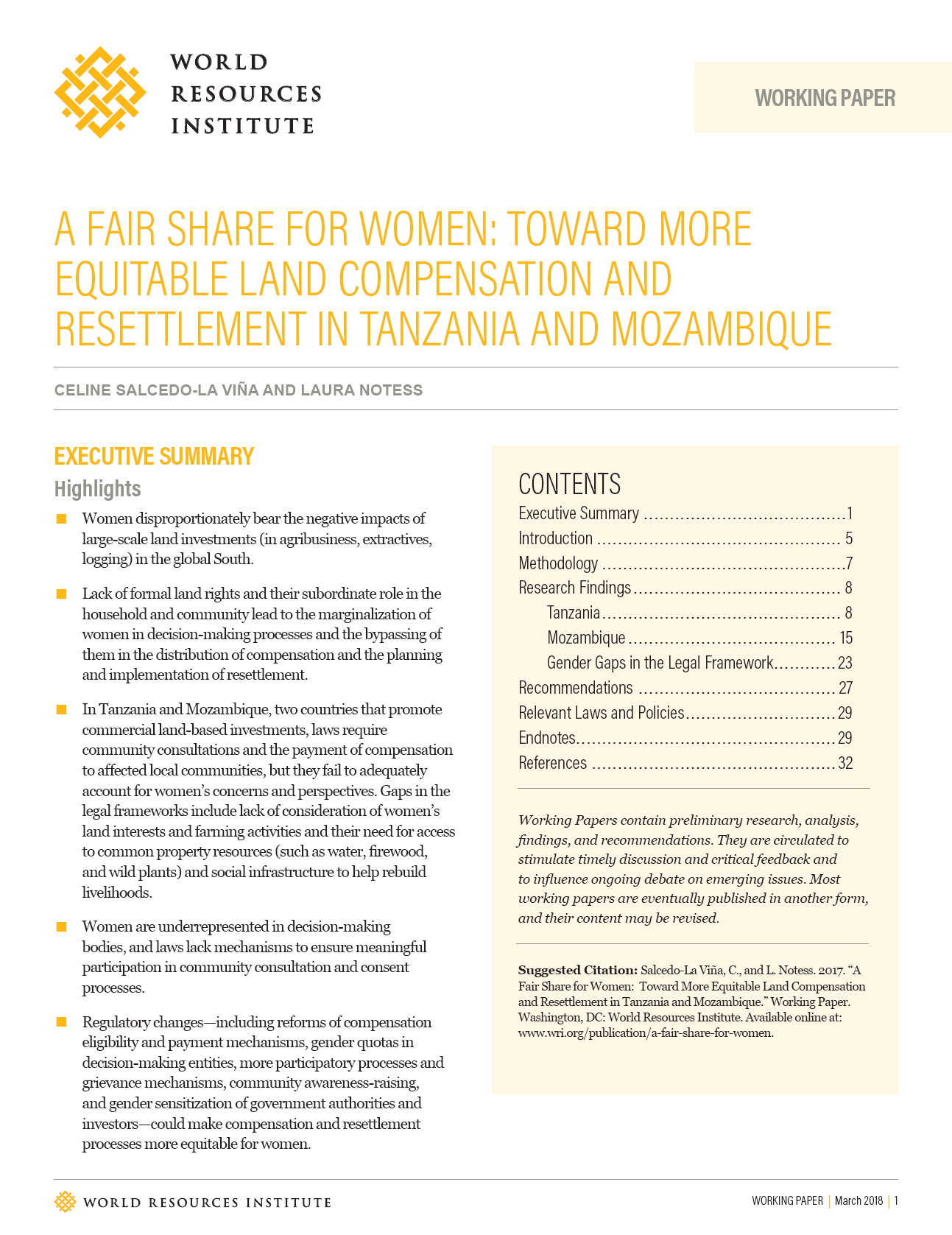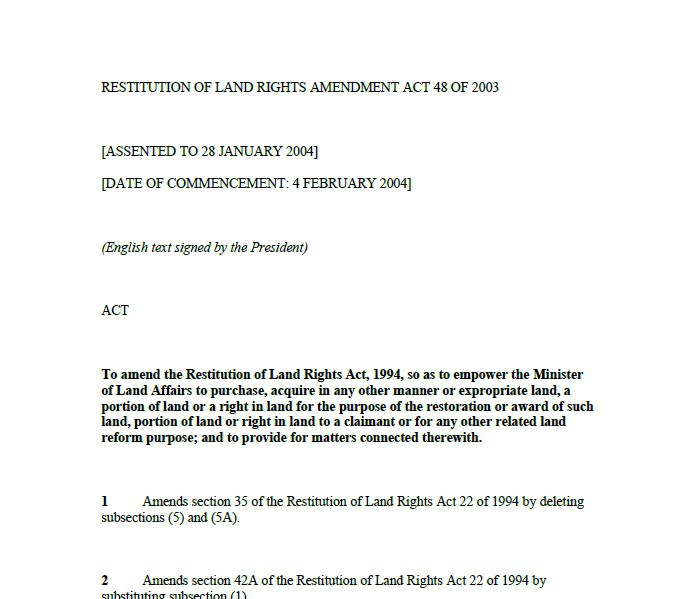Ley de la inversion privada en el desarrollo de las actividades economicas en las tierras del territorio nacional y de las comunidades campesinas y nativas
Artículo 1.- La presente Ley establece los principios generales necesarios para promover la inversión privada en el desarrollo de las actividades económicas en las tierras del territorio nacional y de las comunidades campesinas y nativas.









